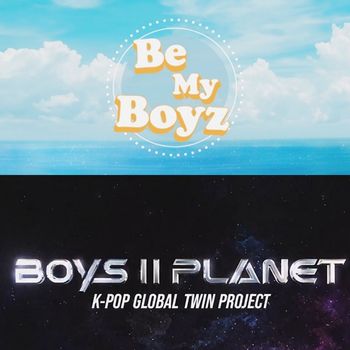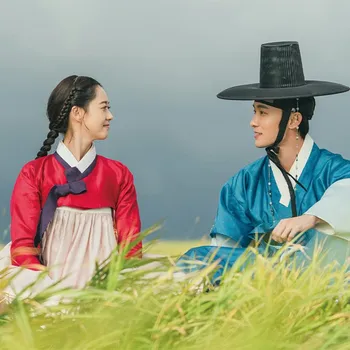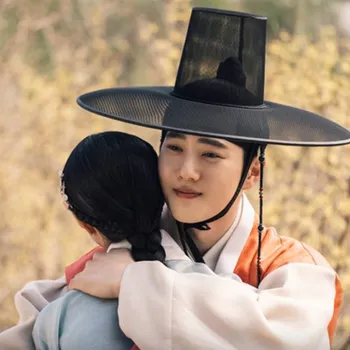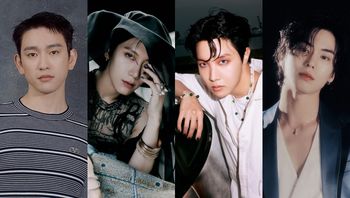In today's cultural landscape, TikTok is at the core of virality. It is the birthplace of new trends, home to every niche imaginable, and, unsurprisingly, the main source of news for many young people. Unfortunately, this also means there is a lot of misinformation floating around on the internet that can be traced back to the social media app. In this article, we're talking about the South Korean feminist "4B Movement" that has taken over TikTok in recent days and how it may be misrepresenting Korean women on a global platform.

Kpopmap
For those who might not know, the 4B Movement is a South Korean feminist movement with 4 primary tenets: bisekseu (no sex with men), bichulsan (no child-rearing), biyeonae (no dating men), and bihon (no marrying men).
4B Movement proponents Jung SeYoung and Baeck HaNa point at heteronormative marriage as the "root cause of patriarchy in South Korea" that continues to reinforce toxic gender roles in society. The movement is said to have been inspired to some extent by Cho NamJoo's disruptive and revolutionary feminist novel "Kim JiYoung, Born 1982", which also set off the #MeToo and "Escape The Corset" feminist movements in South Korea.
In essence, the 4B Movement is a response to the patriarchal oppression prevalent in South Korean society, as well as issues like systemic discrimination against women and girls, the wage gap (women earn 31% less than men, as of 2022), high rate of sex crimes and violence against women (cases like the Sillim-dong hiking trail murder case and the murder of a woman by her fiance stabbing her 190 times, shook the nat
Enjoy full access for just $1
Join over 10,000 active members!
🌟 Special Contents for Subscribers






